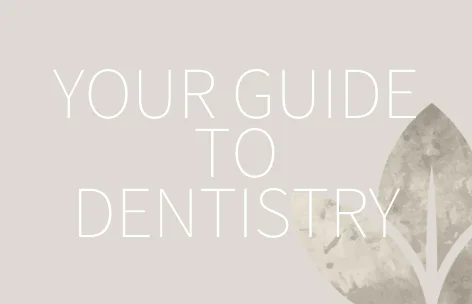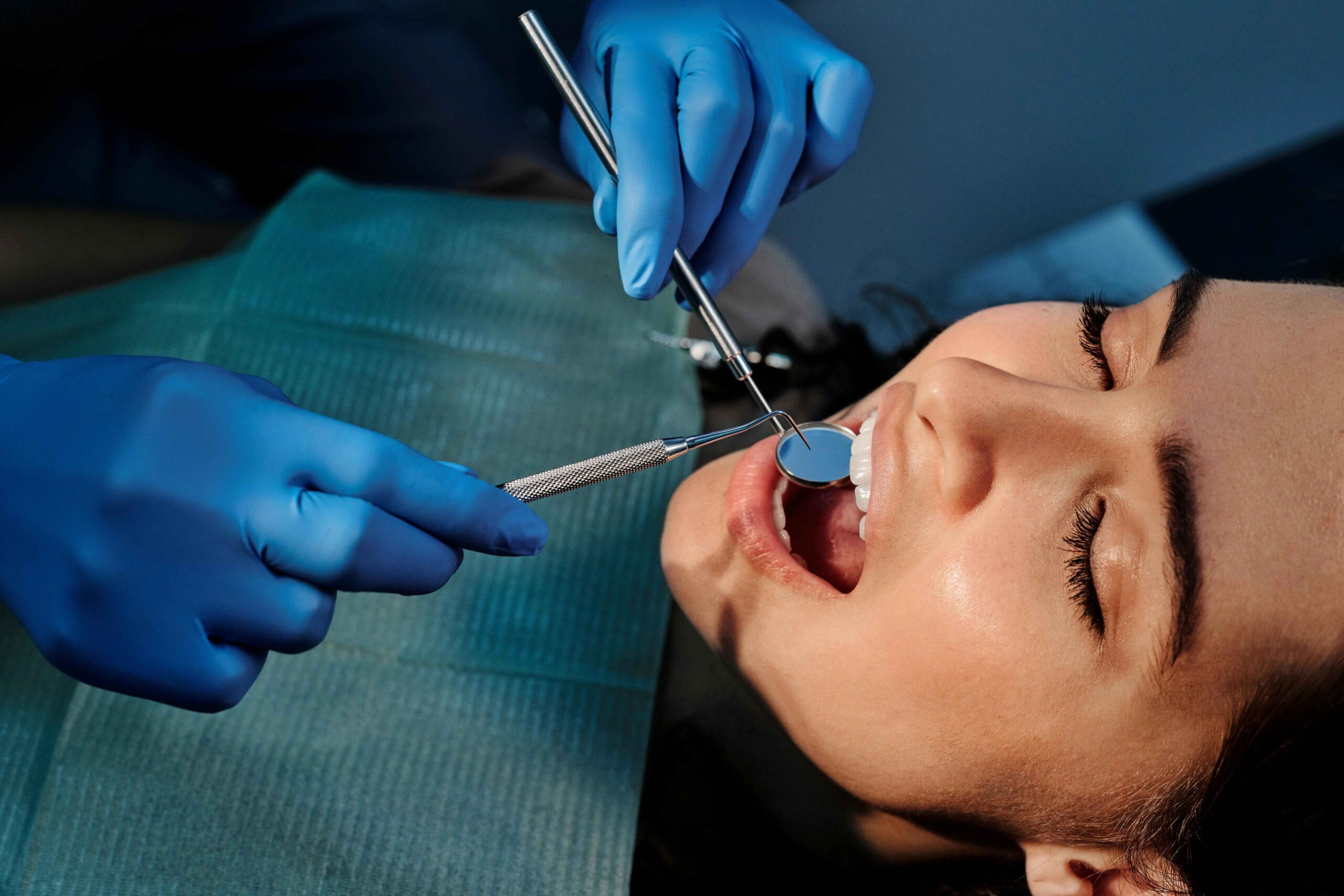Brushing our teeth is one of the most fundamental things that we can do in order to keep our teeth and gums clean and healthy. How and when we do...
Is It Better to Use an Electric or a Manual Toothbrush?
Brushing our teeth is one of the most fundamental things that we can do in order to keep our teeth and gums clean and healthy. How and when we do this can also make a real difference, as can the type of toothbrush that we use and how frequently it is replaced.
Patients often ask which of the two is better: electric or manual toothbrushes? Actually, both have their own advantages. Whilst both types of brushes can be extremely effective in keeping the teeth clean, healthy and shiny, each of them has some distinctive advantages, which we discuss further in this blog.
Our West Yorkshire based dental team recommend using an electric toothbrush as the best means of keeping your teeth clean and free from plaque and its damaging effects, especially children, those suffering with arthritis, and elderly people who have mobility issues. However, purchasing an electric toothbrush doesn’t guarantee great results – you also need to make sure you brush at least twice daily, for at least two minutes and using the proper brushing technique.
For any oral health care advice or to arrange an appointment to see a dentist or dental hygienist here at One Two Three Dental, please call us on 
Electric Toothbrushes
Electric toothbrushes were initially invented in the late 1950s, but didn’t become popular until the late 1990s and it is estimated that 20-25% of people use them. While they have not outdone traditional toothbrushes, they are becoming increasingly popular for several reasons:
- Used properly, electric toothbrush should not hurt your gums or enamel if the user’s gums and teeth are healthy. This is because the bristles are hard enough to do the job, but on the other hand, they are soft enough to circumvent irritating the gums. Electric toothbrushes are equipped with an array of convenient features. You can actually adjust the brush head’s speed and motion to suit the sensitivity of your gums and teeth. On some models, the brushes allow you to set a timer to make sure that you brush your teeth for minimum two minutes and even ensure that each part of your mouth is well and equally cleaned.
- Electric toothbrushes are easier to use than brushing your teeth manually, especially for those affected by arthritis and carpal tunnel or have limited mobility.
- Electric toothbrush bristles vibrate or rotate and therefore more effective in removing plaque buildup from your teeth and gums. The vibration allows for more micro-movements every time you move your toothbrush across your teeth. As such, they can reach into each and every crack, curve and crevice to remove food particles and destructive bacteria. This is a great way to combat gingivitis and gum disease.
- Frequent intake of drinks such as coffee, tea and red wine can lead to discolouration and staining of teeth. An electric toothbrush has additional scouring / strain removal power that makes it easier for users to get rid of undesirable stains and brighten their smile.
- Not all children are interested in brushing their teeth, so an electric toothbrush can be more fun & engaging for your child and help encourage good oral cleaning and healthy habits.
Also Read: All You Need to Know about Dental Implant Risks and Complications
Manual Toothbrushes
Manual toothbrushes have been around for a long time and whilst they don’t have the bells and whistles found in many electric toothbrushes, they are still an effective tool for cleaning your teeth:
- Manual brushes not only allow for more speed control, but also provide users with a greater ability to adjust pressure around areas that are sensitive or painful.
- They are customisable and have almost a limitless variation. They are obtainable in a wide range of head sizes: small, medium and large sizes, and several have a convenient tongue cleaner on the back. They are also available in different grips, angles, length, and bristle stiffness, i.e. soft, medium, or hard. They also come in limitless colour variations.
- They are lightweight and almost unbreakable and easy to travel with.
- They are affordable and readily available at almost any supermarket, convenience store, petrol station or pharmacy.
- Unlike electric brushes, they are easy to maintain and don’t need charging, batteries or any other accessory.
In conclusion, both electric and manual toothbrushes are effective at cleaning teeth if you use proper technique and brush long enough. Brushing and flossing in the morning and evening alongside attending regular dental health examinations and plaque control, prevention & hygiene appointments will help keep your teeth and gums clean and healthy.









